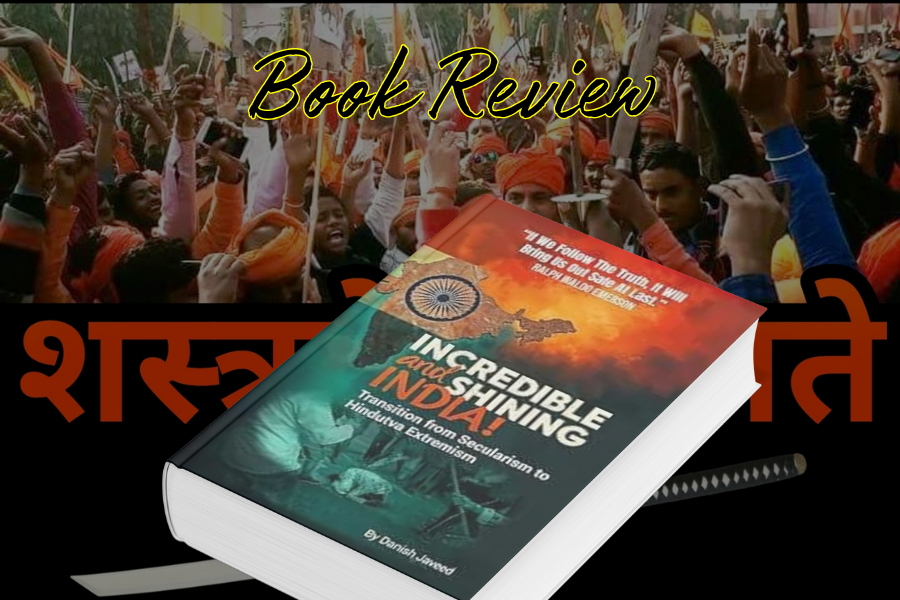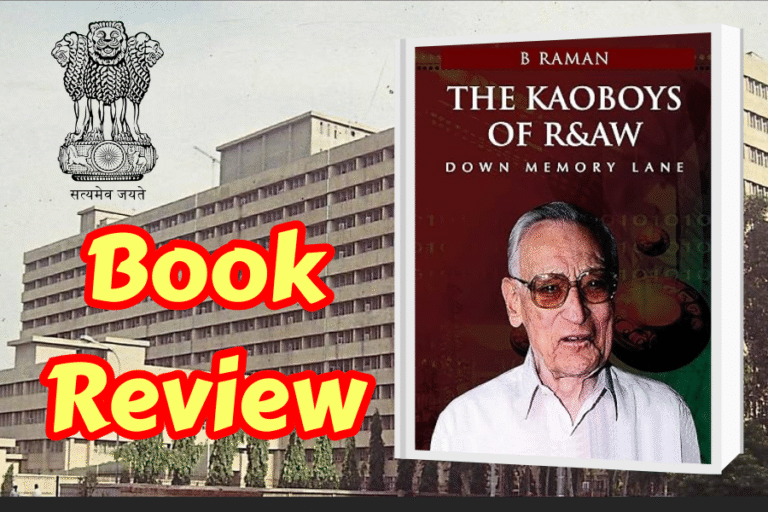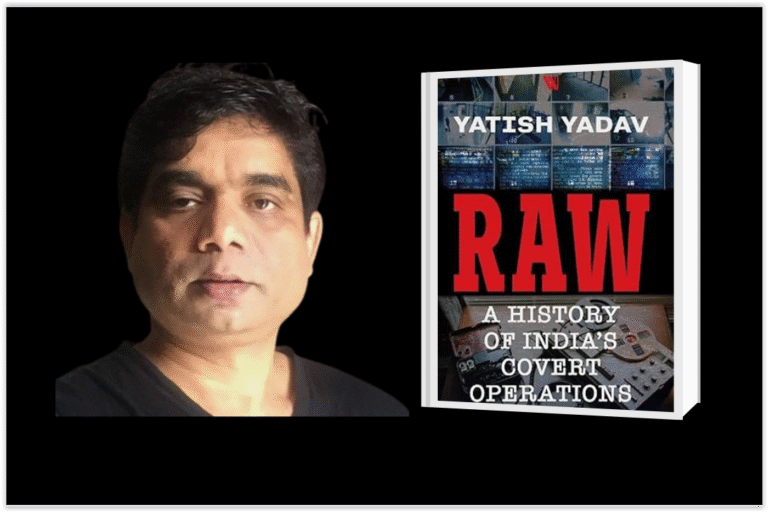Book in Brief
Incredible and Shining India!
Danish Javeed | Hurst, 2024 | 320 pp.
A Mirror Held to a Republic
Danish Javeed’s latest work arrives not as a conventional chronicle but as a reckoning—a series of refracted testimonies that force the reader to stare back at a republic busy rewriting its own reflection. Where earlier histories of post-colonial India marched forward in neat decades, Javeed’s narrative spirals inward, beginning with the smell of kerosene on a February morning in Gujarat and widening, concentrically, to encompass ghettos in Delhi, detention camps in Assam, and television studios in Mumbai. The effect is less documentary than dream-like—a fever chart in prose.
Form Follows Fracture
Javeed’s prose style is spare yet incantatory, closer to the prophetic plainness Tyndale once used to “make the ploughboy know more than the doctor.” Short sentences accumulate into dirges; sudden shifts to second person (“you will see the bulldozer pause only for the camera”) implicate the reader in real time. This rhythmic austerity lets raw data—autopsy reports, WhatsApp forwards, court transcripts—sit ungarnished, so that when a single adjective appears (“the saffron tarpaulin flapping like a flag”), it detonates on the page.
Gujarat, 2002: The Epicentre That Never Healed
The book does not open with statistics; it opens with a shopping list left on a scorched counter—rice, henna, school shoes—items that will never be collected. From this shard Javeed reconstructs the pogrom, not as riot but as logistics: voter lists as kill-sheets, petrol pumps as arsenals, police wireless logs that read like stage directions. The horror is in the banality of method, echoing Arendt by way of Orwell.
A Cartography of Contagion
In successive chapters we travel—always by night bus, never by headline—through
• Manipur, where a viral video of naked women becomes a national Rorschach test;
• Uttar Pradesh, where a lynching is live-streamed with emojis;
• Kashmir, where pellet-scarred teenagers compose rap verses in half-lit wards.
Each location is rendered in snapshot paragraphs that read like Instagram captions stripped of filters: abrupt, intimate, unshareable.
The Quiet Resisters
Javeed refuses a single hero. Instead, resistance appears as micro-gestures: a Supreme Court clerk slipping a dissenting note into a 400-page judgment; a Bollywood makeup artist refusing to darken an actor’s skin for a “terrorist” role; a schoolgirl in Jharkhand teaching her grandmother to delete forwarded hate. These vignettes, no longer than a page, accumulate into a mosaic of conscience.
Ideology as Interior Design
One of the book’s sharpest sections dissects how Hindutva redecorates daily life: school textbooks that rename the Indus, courtroom art that replaces Ashoka’s lions with lotus petals, restaurant menus that quietly drop beef biryani. Javeed calls this process “cultural gentrification”—a slow eviction of memory.
An Elegy, Not an Indictment
Despite its litany of violence, the tone is elegiac rather than accusatory. In a late chapter Javeed visits an abandoned cinema in Ayodhya where sparrows nest in the projector room; the scene is shot through with nostalgia for futures that never arrived. The reader is left not with marching orders but with moral vertigo—the sense that every silence is complicity.
Verdict
Incredible and Shining India! does not merely document the unravelling of a secular promise; it performs the act of witnessing. In prose that leans toward the lean—eschewing ornament for urgency—Javeed achieves what the best contemporary nonfiction strives for: a voice simple enough to wound, spare enough to endure. For readers anywhere who still believe that nations are judged by how they treat their minorities, this book is both mirror and warning.







